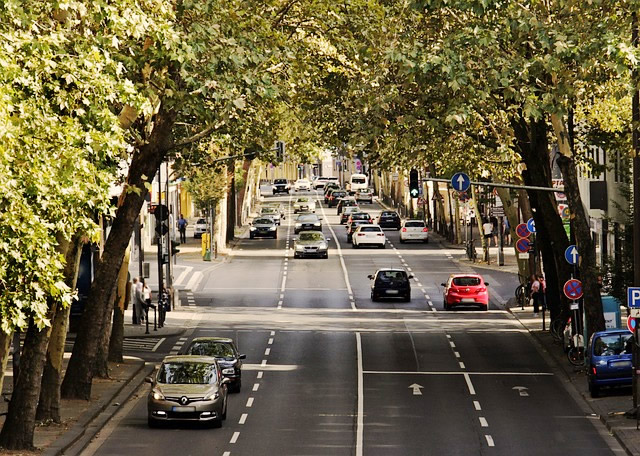先日から「‘Motonormativity’: The bias that leads to dangerous driving -「“モトノーマティビティ”危険運転につながる先入観」を読んでいます。

・「“モトノーマティビティ”危険運転につながる先入観」(1)
・「“モトノーマティビティ”危険運転につながる先入観」(2)
・「“モトノーマティビティ”危険運転につながる先入観」(3)
・「“モトノーマティビティ”危険運転につながる先入観」(4)
・「“モトノーマティビティ”危険運転につながる先入観」(5)
・「“モトノーマティビティ”危険運転につながる先入観」(6)
Indeed, increased enforcement has contributed to reductions in road traffic deaths in parts of Brazil, the US, and other car-centric countries.
実際、取締りの強化はブラジルやアメリカなど自動車中心の国の一部、で交通事故死者数の減少に貢献している。
This stepped-up enforcement can face an uphill battle.
このような取締りの強化は、困難な戦いに直面する可能性もある。
One reason for leniency toward dangerous driving in many legal systems is the normalisation of illegal practices such as speeding.
多くの法制度において危険運転に寛大な理由の一つは、スピード違反などの違法行為が常態化していることにある。
leniency「寛大さ、哀れみ、慈悲(深さ)」。
normalisation「標準化」。
Many politicians are hesitant to challenge these practices due to the political influence of motorists
多くの政治家は、ドライバーたちの政治的影響力を気にして、こうした慣行に異議を唱えることに及び腰で
- in Italy, for instance, car crashes increase during years with municipal elections, as ticketing slows down.
たとえばイタリアでは、市議選のある年は違反切符の発券が鈍化するため、自動車事故が増加する。
Part of the problem is that authority figures in the criminal-legal system are likely to be drivers themselves,
こうした問題の一つは、刑事・法制度における権力者自身もドライバーである可能性が高く、
and thus may identify more easily with drivers than with vulnerable road users.
そのため交通弱者よりもドライバーのほうに共感しやすいことである。
However, tougher law enforcement is not a silver bullet, even if it’s implemented in a way that respects privacy and isn’t discriminatory.
だが法執行の強化は、たとえそれがプライバシーを尊重し、差別的でない方法で実施されたとしても、特効薬にはならない。
silver bullet「(問題解決の)確実な方法、特効薬」。
“Policing resources are finite, and aggressive driving behaviours are both prevalent and difficult to detect…
「警察の力にも限りがあり、攻撃的な運転行動は蔓延していますが、それを発見するのは難しく・・・
increasing fines may deter some offenders, but research has suggested that repeat offenders are generally not deterred from sanctions,
罰金を増やしてもそれが違反の抑止力にならない人もおり、一般的に再犯者は制裁では抑止されないことが研究でも示唆されています、
likely due to underlying and persisting psychological issues that are influencing the behaviours,” says Love.
恐らくそうした行動は、彼らの根底にある持続的な心理的問題が影響しているのでしょう」とラブ氏。
He believes that it could be helpful to incorporate this kind of psychological analysis – for instance, for regulating emotions – into collaborations with transport, public health and educational systems.
彼は、このような心理学的分析、例えば感情を調整するための分析などを、交通機関、公衆衛生、教育システムと連携して取り入れることは有益だと考えている。
なるほど、危険運転者の一部には罰金や厳罰化では効果がなく、もっと彼らの心理的な問題に取り組む必要があるかもしれないと。
その原因から分析した方がよいというのがラブ氏の考えなんですね。
車って結構その人の内面が出るような気がします。
どんな車を選ぶか、それをどう扱ってどう運転するか。
自分はどうだろう?と考えてみると、意外な顔に気付くかもしれません。
ちなみに私の場合は、お財布が許せば好みの旧車をフルレストアして乗りたいです。
フィガロとかパオとか、可愛い国産車の中身を今風にアップデートして・・・まあカッコつけしいなのでしょうね(笑)。
理由は単純明快!「少ないコストでしっかり楽しく学べるから」。
私自身の経験(高機能でビックリ)をびっしり書いていますので、良かったら読んでみてください。
下のバナーからどうぞ!






